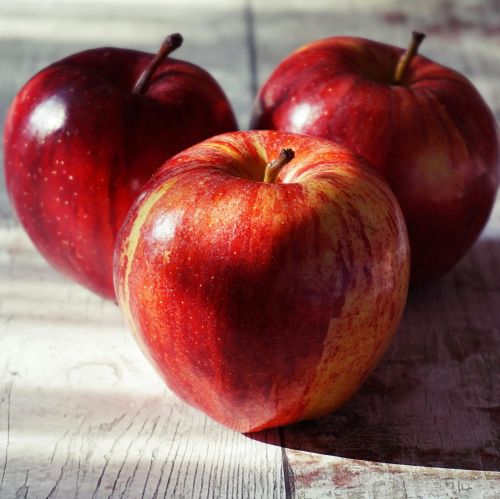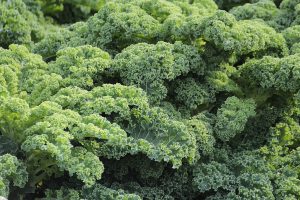Eating the right foods have been proven time and again to have a positive impact on our general health and wellbeing. Eye friendly nutrients can be found in many foods which can help to protect against cataract and age-related macular degeneration (AMD) – a condition that impairs the vision of more than 600,000 people in the UK and is the leading cause of blindness in the western world.
Leafy Greens
Spinach, kale and collard greens, to name a few, are full of lutein and zeaxanthin, plant pigments that can help stem the development of macular degeneration and cataracts. Lutein and zeaxanthin are present in the retina and the lens of the eye. These essential pigments help to reduce oxidative stress and absorb blue and UV light acting as a natural sunblock. Broccoli, peas and avocados are also good sources of this powerful antioxidant duo. Raw spinach is great in a salad and is considered one of the most nutrient dense of all foods. It’s rich in folic acid, vitamin A, potassium, calcium, phosphorus, zinc, copper, magnesium, vitamin C, and iron. It’s also a great source of B vitamins, lutein and zeaxanthin.
Nuts
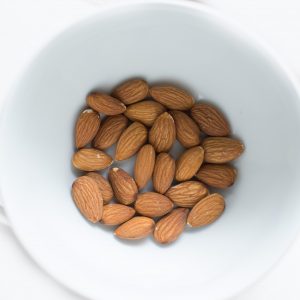
Pistachios, walnuts, almonds — whichever type tickles your fancy — are rich in omega-3 fatty acids and vitamin E that boost your eye health.
Brightly coloured salad vegetables

Red, yellow and orange range peppers are a great superfood and source of lutein and zeaxanthin. In addition, they are also a fabulous source of Vitamin C and are the highest vegetable source of the potent antioxidant Vitamin E which has been found to reduce the prevalence of both macula degeneration and cataracts.
Sun dried tomatoes contain lutein and zeaxanthin along with the antioxidant Lycopene which helps maintain the integrity of cell membranes and can help prevent both macula degeneration and cataracts.
Citrus Fruits and Berries
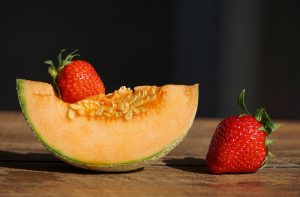
Oranges, grapefruits, lemons and berries are high in vitamin C. Cantaloupe is a great superfood for the summer months as it is so dense nutritionally. It is packed full of vitamins A and C, which are thought to help lower the risk of developing macular degeneration and cataracts. In fact, it has a richer source of Vitamin A than any other fruit! If you get an infection like conjunctivitis, vitamin A found in melons, can help fight off your symptoms naturally!
Fish
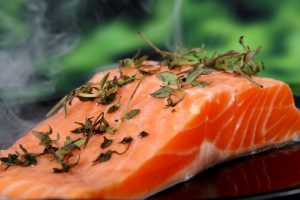
Cold-water fish such as salmon, tuna, sardines and mackerel are rich in omega-3 fatty acids, which may help protect against macular degeneration and even cataracts.
An Ophthalmology study reported that high dietary intakes of omega-3 fatty acids resulted in a 38% reduction in the risk for AMD. Oily fish is also a natural source of vitamin D, which may also help reduce macular degeneration.
Omega 3 fatty acids can also help treat dry eye disease, a condition caused by a problem with tears and causes your eyes to feel uncomfortable, red, scratchy and irritated.
If you don’t eat oily fish, you can get a good supply of omega-3s by using fish oil supplements.
Whole Grains
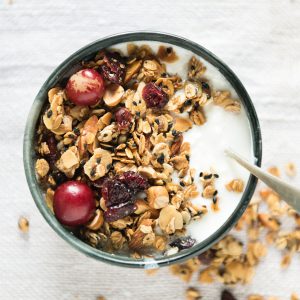
A diet containing foods with a low glycaemic index (GI) can help reduce your risk for age-related macular degeneration.
Swap refined carbohydrates for quinoa, brown rice, whole oats and whole-wheat breads and pasta. The vitamin E, zinc and niacin found in whole grains also help promote overall eye health.

